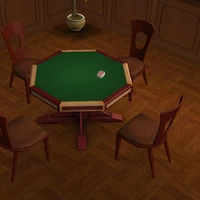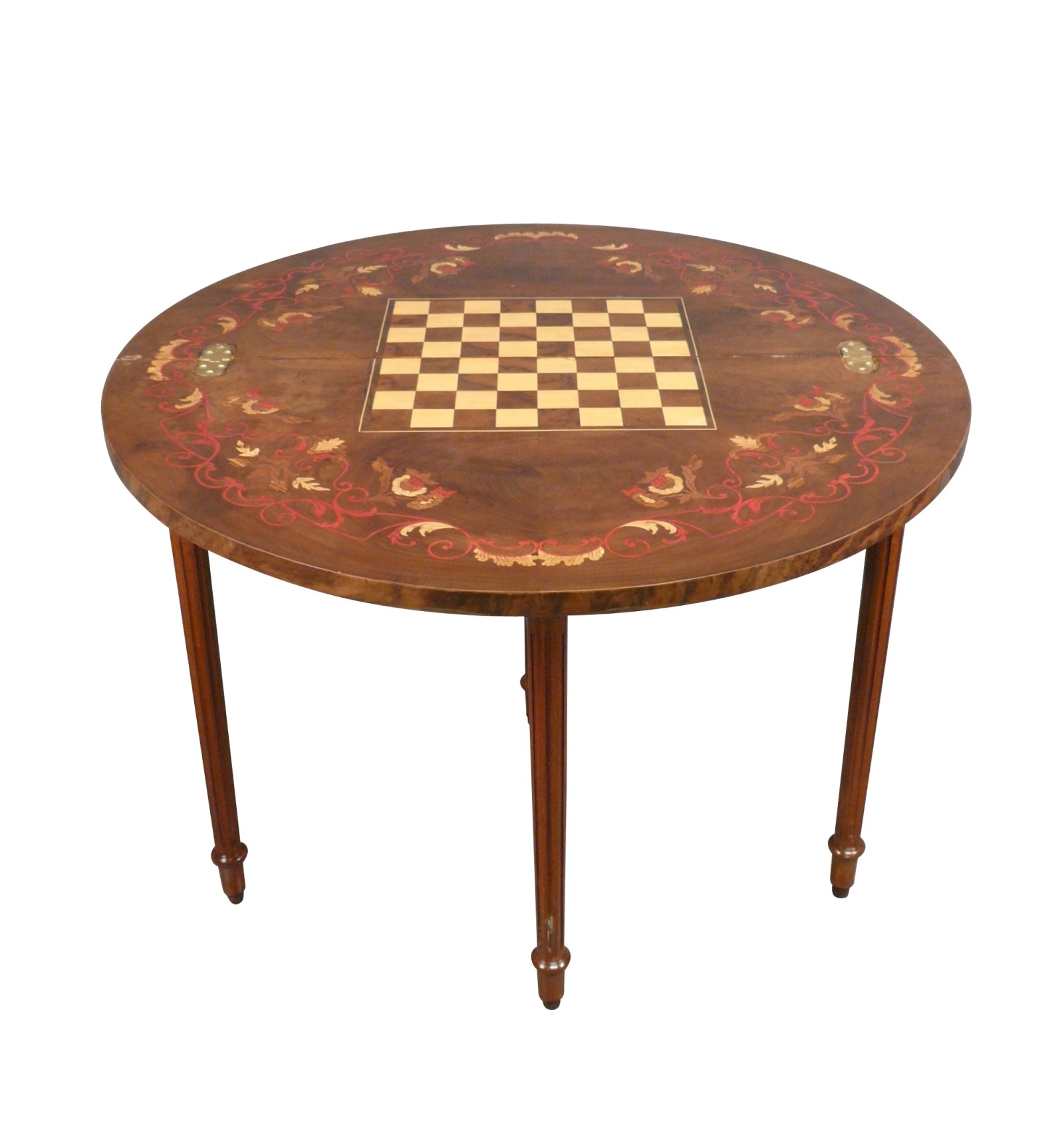Poker Chess Table
Dozens of chess players responded to this hand history, including seven-time Russian Chess Champion Peter Svidler and chess/poker pro Alex Barnett, who liked Maxime’s turn check. Grandmaster David Gormally the recipient of Maxime’s chips, ended up in fifth place, for £450. The ORE Four Leg Chess Table is a great addition to any home or gaming area. The four leg chess table is multipurpose and ideal to add in the den or the family room. It has a storage area under it that can accommodate the chess pieces easily.


When international grandmaster Maurice Ashley, author of Chess for Success talks about chess, it’s easy to think he’s talking about business instead of the game he loves so much.
“Even the great world champions know the pressure with every move,” says the Kingston, Jamaica, native who moved to Brooklyn, New York, when he was 12. “They know it’s all about being in this moment, not worrying about the result.”
Now on the other side of the table, so to speak, Ashley commentated the U.S. Chess Championships in St. Louis this month, where America’s elite chess players battled for the title of U.S. Champion, $175,000 in prize money and qualification for the World Championship.
“As businesspeople, are we doing the best we can right this second?” Ashley asks, looking across the sea of chessboards, which makes you think business is on his mind as much as chess is. “If we add up all the ‘best we can do right now moments,’ then we’ll get results we deserve.” Just like the best chess players do.
So what’s your best move—as a professional, a leader, an employee? Here’s how to make all the right moves—on and off the chessboard—straight from Ashley’s playbook:
Poker Chess Table
1. Create a diverse team. One of the biggest mistakes chess players make, Ashley says, involves relying on their own impressions as facts.“Just because you think one thing doesn’t mean it’s true,” he explains. “Don’t surround yourself with people who say ‘yes’ all the time.”
Poker/chess Tables

In fact, people should disagree to provide another point of view; an employee shouldn’t always agree with the boss just because he or she is getting paid.
“You need that devil’s advocate. In chess, the devil’s advocate is the person who makes the stronger, not weaker move—they’re challenging you to justify your opinion.”
2. Sport a chess face. Want to remain stoic in the heat of the moment? Ditch a poker face and demonstrate a chess face instead.
“With a poker face, people know you’re bluffing. We call it having a chess face—we’re not trying to bluff because everything’s on the table.”
This way, competitors won’t gain an edge based on your expressions. “Stay cool if you’re winning; stay cool if you’re losing.”
3. Watch your own body language, not others’. Then again, someone can be fooled by your body language, too.
“My absolutely only hope in one game was to create a trap,” he recalls. Sitting with slumped shoulders looking defeated “enough to throw him off,” Ashley created a trap the opponent fell into.
The opponent instantly made a move which turned out to be the deep trap intentionally set. “I sat up in my chair like, ‘Wow,’ and it was a lesson learned for him about falling into my trap.”
4. Don’t overthink. As Ashley tells it, “It’s only overthinking when you’re wrong. Think as much as you need to—chess is about making one good decision after the next.”
Although players are allocated a certain amount of time for each game (one clock has two faces), the opponent’s clock freezes as you make your move.
“It’s all about managing your time and taking just as much as you need or you’ll get in trouble because you’ll waste your time away.”
5. Learn from mistakes. It may take 40 good moves to win and merely one bad move to lose. Game over. At least on the surface.
“You can recover from mistakes,” he claims. “Take responsibility and don’t blame anybody else.”
Figure out what went wrong. “Don’t beat yourself up. Ask what you need to do to ensure this doesn’t happen again.”

And then go right back into the game. If you lose a client and acknowledge your error, the client may want to continue doing business. “Take personal responsibility, acknowledge and learn from it, then move on.”
Checkmate.
Vicki Salemi is a career expert, columnist, author of Big Career in the Big City, speaker and frequent on-air guest. She resides in New York City and is a huge fan of the Yankees, cardio tap (yes, as in dancing) and cardio tennis.
- https://www.success.com/author/vicki-salemi/
- https://www.success.com/author/vicki-salemi/The Toothy Story of Gag Gift Favorite: Billy Bob Teeth
- https://www.success.com/author/vicki-salemi/
- https://www.success.com/author/vicki-salemi/